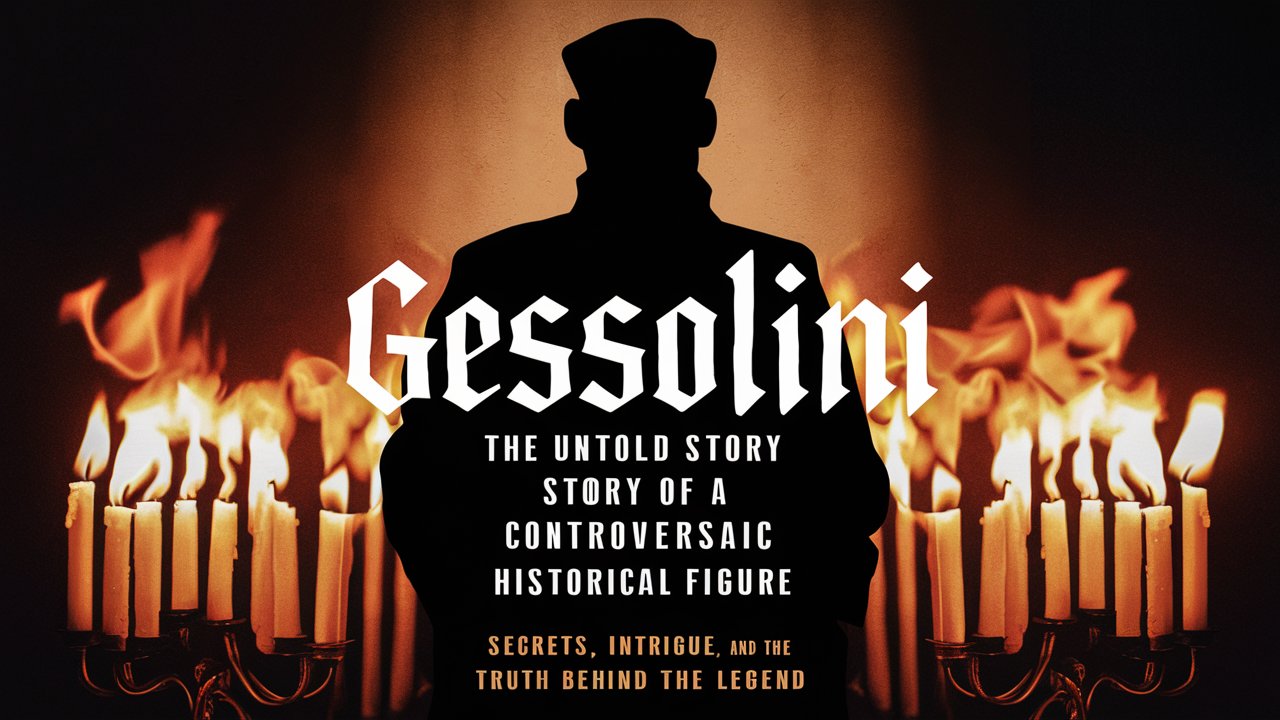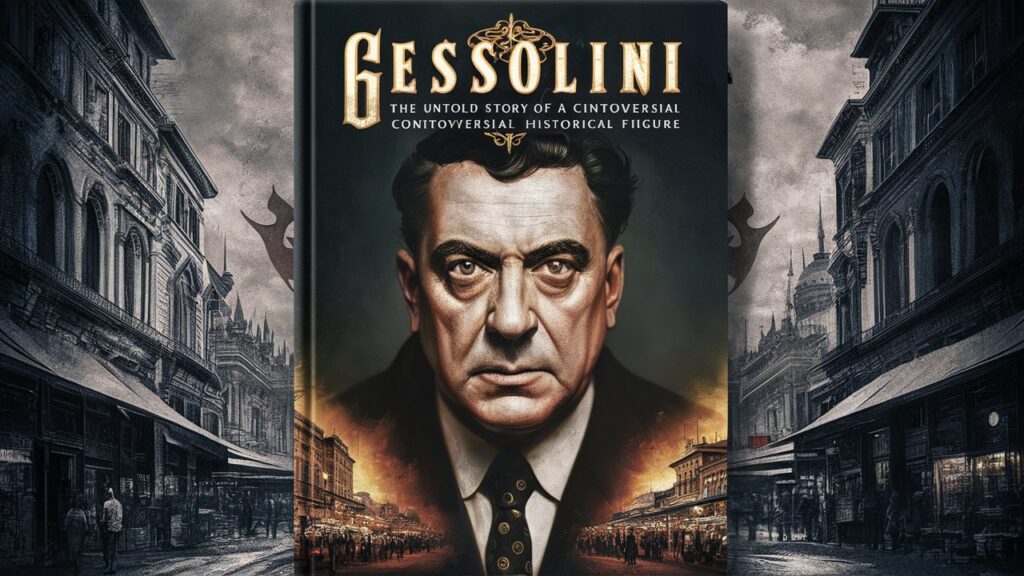Gessolini remains one of the most debated figures in history, known for his polarizing ideology and significant influence during his time. While some view him as a visionary leader, others criticize his methods and principles. This article explores Gessolini’s life, political career, ideological foundations, and lasting impact on modern discourse. By examining key events and analyzing differing perspectives, we aim to provide a comprehensive understanding of this enigmatic figure.
The Early Life and Background of Gessolini
Gessolini’s upbringing played a crucial role in shaping his worldview. Born into a modest family, he was exposed to socio-political struggles early on, which fueled his passion for reform. His education and early career were marked by radical ideas that later became the foundation of his political movement. Unlike many of his contemporaries, Gessolini was not merely an ideologue but also a skilled orator who could mobilize masses with persuasive rhetoric. His ability to connect with the working class set the stage for his rapid ascent in political circles.
During his formative years, Gessolini was influenced by various philosophical and political theories, blending nationalism with socialist undertones. This unique fusion became a defining characteristic of his later policies. Historians often debate whether his early idealism was corrupted by power or if his later actions were a natural progression of his initial beliefs.
Gessolini’s Political Rise and Key Policies
Gessolini’s entry into politics was neither accidental nor smooth. He faced fierce opposition from established parties but managed to gain traction through grassroots campaigns. His speeches resonated with disillusioned citizens who felt neglected by traditional governance. Once in power, he implemented sweeping reforms aimed at economic restructuring and national unity.
One of his most controversial policies was the centralization of authority, which critics argue eroded democratic institutions. Supporters, however, credit him with stabilizing a fractured nation and restoring pride in national identity. His foreign policy decisions further cemented his reputation as a bold, if divisive, leader. Whether through strategic alliances or aggressive expansionism, Gessolini ensured his nation played a significant role in global affairs.

The Downfall and Legacy of Gessolini
No political career is without its decline, and Gessolini’s was no exception. Internal dissent, economic strain, and external pressures contributed to his eventual downfall. The circumstances surrounding his exit from power remain a topic of speculation—some claim it was inevitable, while others argue that external conspiracies played a role.
Despite his controversial end, Gessolini’s legacy persists. Modern political movements occasionally reference his strategies, either as cautionary tales or inspiration. Scholars continue to analyze his governance model, debating whether his successes outweigh his failures. What remains undeniable is that Gessolini left an indelible mark on history, one that continues to provoke discussion decades later.
Conclusion
Gessolini’s life was a complex interplay of ambition, ideology, and power. While his methods and principles remain contentious, his influence on political thought cannot be ignored. By studying his rise, policies, and ultimate decline, we gain insights into the broader dynamics of leadership and governance. Whether viewed as a hero or a dictator, Gessolini’s story serves as a powerful lesson in the consequences of absolute power and ideological fervor.
FAQ Section
Q: Who was Gessolini?
A: Gessolini was a prominent political leader known for his controversial policies and significant influence during his time. His ideology blended nationalism with reformist economic strategies.
Q: What were Gessolini’s key beliefs?
A: He advocated for strong centralized governance, national self-sufficiency, and a rejection of liberal democracy in favor of a state-controlled system.
Q: Why is Gessolini considered controversial?
A: His suppression of political opposition, aggressive foreign policies, and erosion of democratic norms have led to polarized interpretations of his legacy.
Q: How does Gessolini’s ideology relate to modern politics?
A: Some contemporary movements draw parallels to his nationalist rhetoric, though most mainstream scholars warn against adopting his authoritarian tendencies.
Q: What led to Gessolini’s downfall?
A: A combination of economic struggles, military defeats, and growing public dissent contributed to his loss of power.

